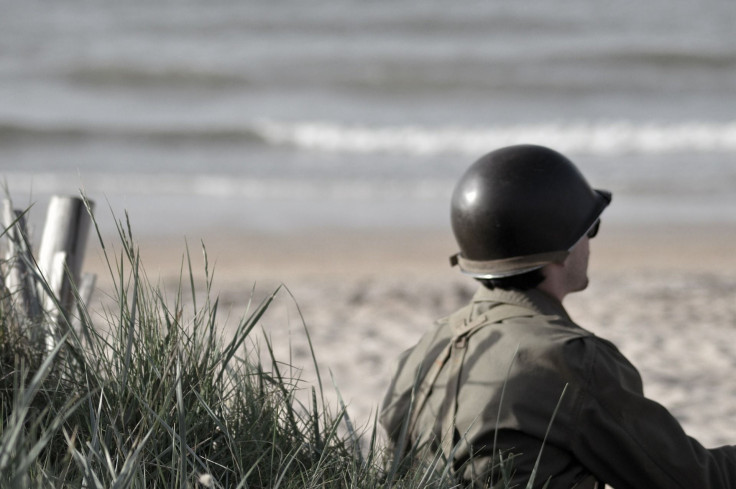‘Concrete Processing’: Training Your Mind To Think Differently May Weaken Traumatic Memories, Prevent PTSD Symptoms

Finding new ways to process information and look at the world may help reduce the effects of traumatic memories, according to new research. Though it seems simple, training your mind to think differently may actually protect you from post-traumatic stress disorder (PTSD) symptoms, the study found.
The particular thought practice is known as concrete processing, which in essence refers to a very practical way of looking at things, or “focusing on how a situation is unfolding, what is being experienced, and what the next steps are,” said Dr. Rachel White, a clinical psychologist and author of the study, in a statement. “It differs from abstract processing, which is concerned with analyzing why something is happening, its implications, and asking ‘what if’ questions with no obvious answer.”
For the study, researchers divided 50 participants into two different groups. Before the experiments, they were asked to score their mood, then were shown a film that involved traumatic scenes. Afterward, they rated their feelings of distress or horror — they did this for six other films.
The first group had to answer questions that were more abstract and existential, like why such events happened. The second group, meanwhile, was given concrete questions that focused on practical things, like what they could see or hear, and what needed to be done or resolved at that point. All of the participants also had a diary in which they were told to record any “intrusive memories” of anything traumatic they had watched in the films. After repeating this process for several films, they were asked to rate their moods once again. Finally, both groups watched the last film and rated feelings of distress and horror.
Everyone’s mood declined after watching upsetting films, but those who practiced concrete thinking showed some level of resilience to the distress. They rated lower levels of distress and horror when watching the fifth film compared to abstract thinkers. Abstract thinkers also reported twice as many intrusive memories in the week following compared to concrete thinkers.
Their results back up previous research that examined the effect of concrete thinking on mental health. “Previous research has shown that emergency workers who adopted the abstract processing approach showed poorer coping,” White said . “Another study compared abstract and concrete processing of negative events and found that the abstract thinkers experienced a longer period of low mood.”
Trauma has a visible effect on the brain, changing its pathways and causing more activity in its emotional memory region. PTSD is typically treated through cognitive behavioral therapy, exposure therapy, or antidepressants — or a combination of all of these things. But if there was some type of preventive therapy that could train people beforehand to protect themselves, it may reduce the intensity of symptoms.
The researchers believe that the study could shed light on new ways to train people who are often exposed to trauma – like military personnel or emergency workers – to prevent or reduce the symptoms of mental health disorders like anxiety or PTSD. People would “have the opportunity to train themselves in strategies that might protect them from the ill effects,” said Dr. Jennifer Wild, an author of the study, in the press release. “For that reason, we wanted to test whether training people to adopt a concrete processing approach could be one such strategy.”
Wild added: “The study is the first to show empirically that the way we think about trauma could affect our memories of it. Further study is now needed, with people who have experienced real-life trauma and to confirm that this can be applied in groups who regularly experience trauma. … This could be the basis for training to improve people’s resilience in the face of expected traumatic experiences.”
Source: White R, Wild J. ‘Why’ or ‘How’: The Effect of Concrete Versus Abstract Processing on Intrusive Memories Following Analogue Trauma. Behavior Therapy. 2016.
Published by Medicaldaily.com



























